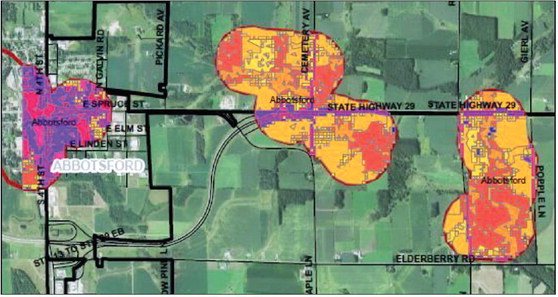C.C. We Adapt founder provides information on proposed Clark County skills center
By Valorie Brecht, Tribune Record Gleaner Many Clark County residents are facing housing insecurity or circumstances in which an unexpected major expense could be the dif...




